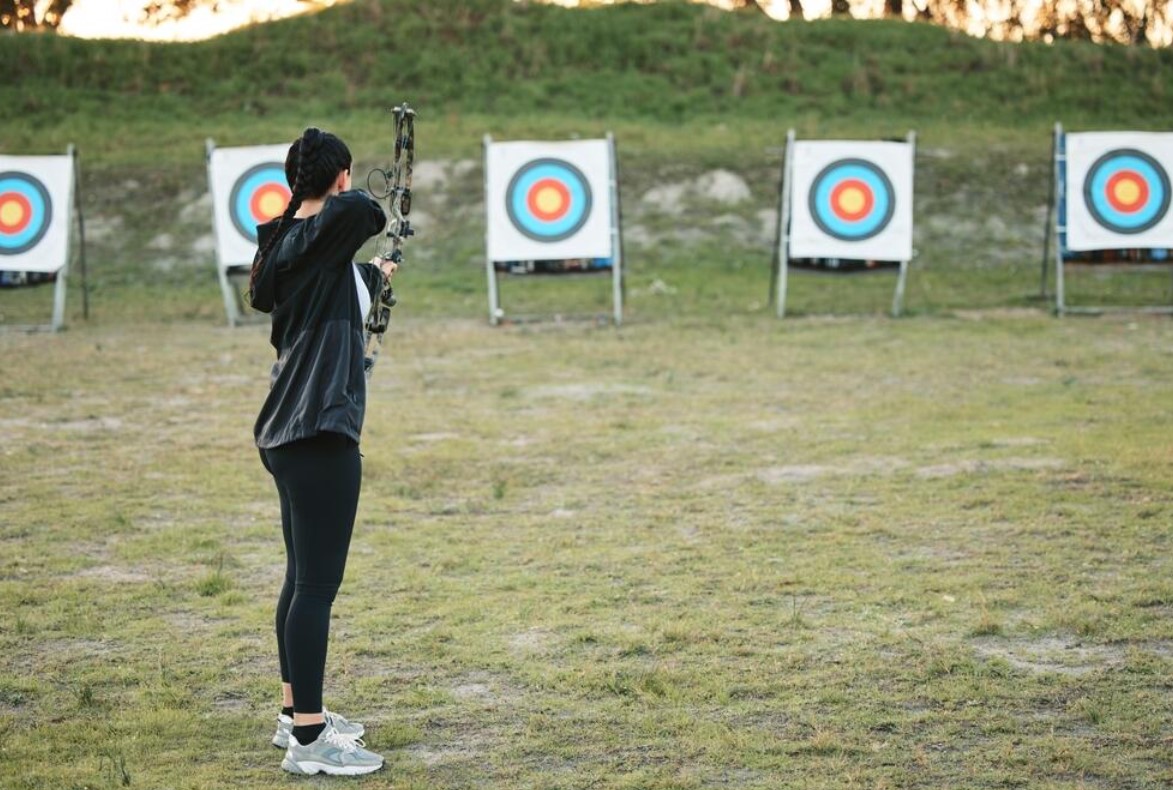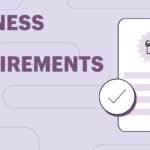Finding a productive hobby that hones both concentration and discipline is a rare gem. Target shooting at home has become increasingly popular among beginners who want to improve focus, relieve stress, or train for competitive shooting—all without leaving their property. Home target practice provides a controlled and convenient way to get started, even if you’ve never handled a firearm or airgun before.
Why Start Target Shooting at Home?
Practicing at home has multiple advantages, especially for newcomers. It’s not just about saving time or money on range fees. At home, you can progress at your own pace without feeling rushed or intimidated by experienced shooters. You also gain better control over your environment, making it safer and more comfortable to experiment with different techniques and equipment.
Whether you’re using a BB gun, air rifle, or even a laser training system, the key is consistency and setting up your practice area in a way that’s both secure and stimulating.
Choosing the Right Equipment for Beginners
Before diving into home target practice, it’s essential to choose beginner-friendly tools. Here are a few reliable options for new shooters:
- Air Rifles & BB Guns: These are excellent for indoor or backyard use. They’re typically lower in power and more affordable than full-caliber firearms, making them a safe entry point.
- Laser Training Systems: These use dry-fire techniques with no live ammo, often pairing with smartphone apps to track your accuracy and consistency.
- Pellet Guns: Slightly more powerful than BB guns, they provide a good middle ground for those ready to step up their precision and technique.
Setting Up a Safe and Effective Practice Space
Safety is the number one priority when it comes to home target practice. Even if you’re using low-power equipment, the proper setup helps prevent accidents and property damage. Here’s how to create a secure training area:
1. Select the Right Location
Use a garage, basement, or backyard with a clear line of sight and limited distractions. Avoid areas with people or pets passing through.
2. Backstop and Target Holder
Invest in a bullet trap or create a DIY backstop with materials like plywood and rubber mats. Place your targets on a stand or hang them at the appropriate height to simulate realistic shooting conditions.
3. Use Protective Gear
Always wear eye protection—even when using airguns. If you’re working with anything beyond airsoft-grade tools, hearing protection is also recommended.
Types of Targets for Home Use
The type of targets you use can make a big difference in how engaging and educational your practice sessions are. Here are some beginner-friendly options:
- Paper Targets: Great for scoring and analyzing groupings. Easily printable and customizable.
- Reactive Targets: These give visual or auditory feedback when hit, such as spinning or falling down, making practice more exciting.
- Laser Targets: Used with laser trainers, these light up or beep when struck with a laser shot, and can be reused indefinitely.
Beginner Drills for Improving Accuracy
You don’t need fancy drills to start improving. Here are three beginner-friendly routines:
1. The Dot Drill
Use a sheet with small dots and focus on precise trigger control. Aim to hit the center of each dot from various distances.
2. Five-Shot Groups
Fire five rounds at a single point and check your grouping. This teaches consistency and reveals areas that need improvement, such as grip or stance.
3. Time-Based Drills
Use a timer to practice quick, controlled shots. This is especially useful if you plan to compete or move into defensive shooting practice later.
Tracking Progress and Staying Motivated
One of the biggest challenges in home target practice is maintaining motivation over time. Unlike going to a range with a buddy or instructor, shooting solo at home can get repetitive. To stay engaged:
- Keep a shooting journal or log your sessions with photos and scores.
- Set small, attainable goals each week—such as improving your grouping by one inch.
- Join online forums or communities where you can share progress and get tips.
Legal Considerations for Home Target Practice
Before you start, make sure you’re in compliance with local laws and ordinances. Many municipalities have specific rules regarding the discharge of airguns or projectiles, even on private property. In some areas, you may need a permit, while others strictly prohibit backyard shooting.
If you’re living in an apartment or shared building, practicing indoors with airsoft or laser trainers may be your only option. Always check your lease agreement or homeowner’s association rules.
Final Thoughts: A Great Way to Build Skills and Confidence
Starting home target practice as a beginner doesn’t require expensive gear or a shooting range membership. With the right approach and consistent practice, you’ll see measurable improvements in your aim, confidence, and safety skills. More importantly, it’s a fun and fulfilling hobby that offers both relaxation and focus.
Take it slow, prioritize safety, and enjoy the journey of becoming a better shooter—right from the comfort of your home.










